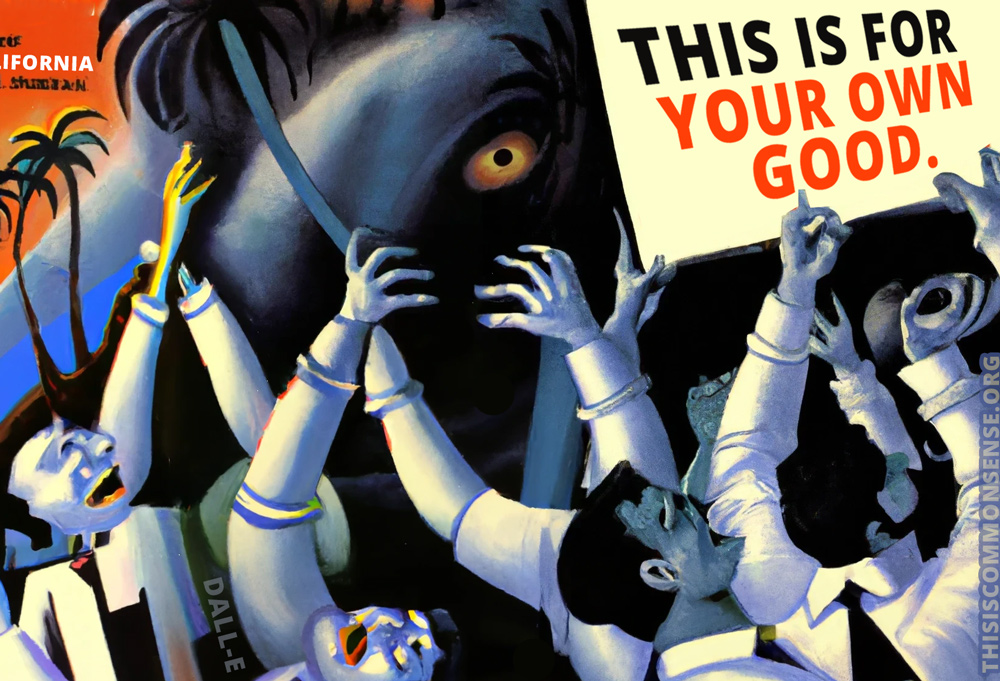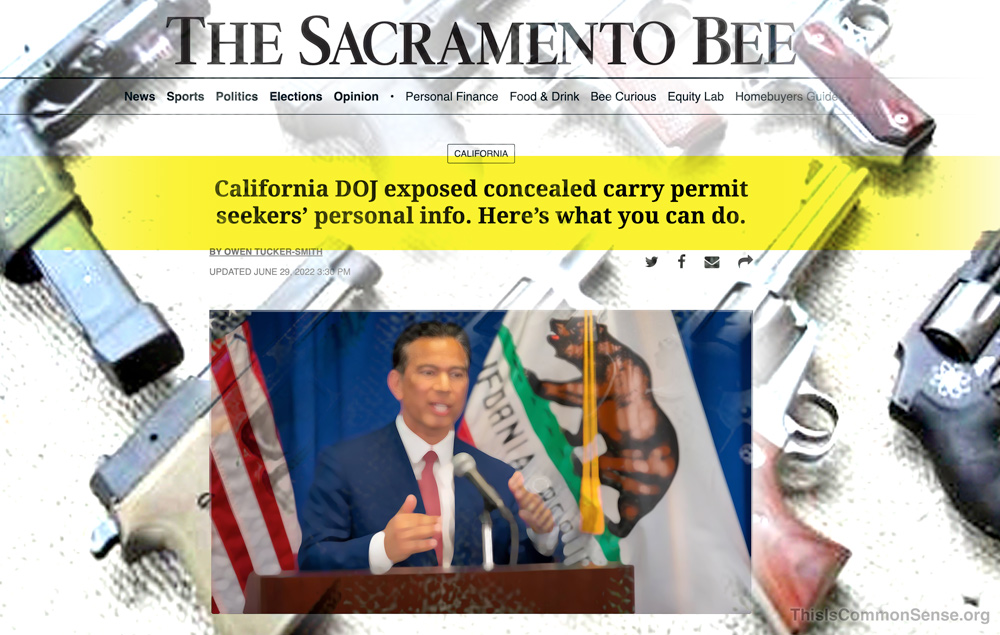They know. They aren’t complete idiots. When enemies of the market routinely try to stop people from earning a living through restrictions like minimum wage laws and arbitrary licensing to thwart such dangerous activities as hair-braiding, few are ignorant of the disastrous consequences.
Case in point?
The Biden administration is on the verge of using a federal version of California’s AB5 law to mass-slaughter the opportunities of millions of gig workers and freelancers. The administration hasn’t managed to do it legislatively. So it’s trying to inflict the damage with a Department of Labor regulation.
The idea is to stop companies from classifying independent contractors as independent contractors. Passed in California a few years ago, AB5 prohibited companies and many contractors from working with each other unless companies took them on as regular employees.
To avoid the costs of doing that, many companies instead simply ended their relationships with hundreds of thousands of gig workers. For example, Rev, a transcription service, stopped working with all freelancers residing in California.
California lawmakers knew how destructive AB5 would be when they passed it — proof-positive being the many exceptions for politically connected groups that were stipulated as part of the law. AB5 has now been repealed and replaced by AB2257, which increases the varieties of worker exempt from the new requirements. But it still leaves many other people, like California-based truckers, in legal limbo.
It’s okay though, because all truckers do is deliver the stuff that all the rest of us need to survive.
This madness should not be imposed on everybody throughout the country.
And certainly not by back-room bureaucratic machinations.
This is Common Sense. I’m Paul Jacob.
Illustration created with DALL‑E
—
See all recent commentary
(simplified and organized)





